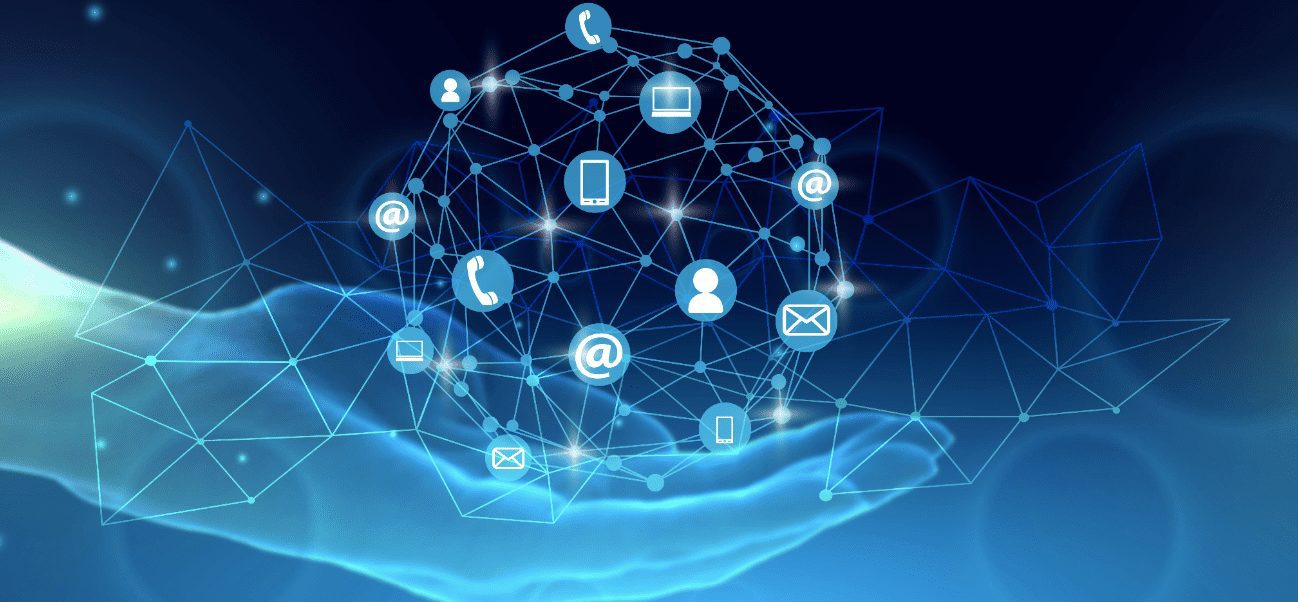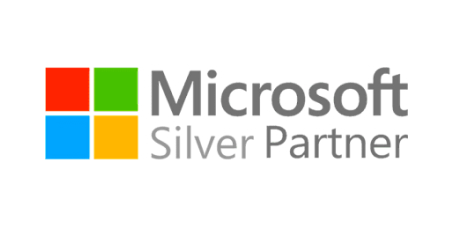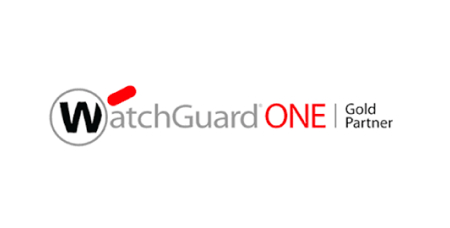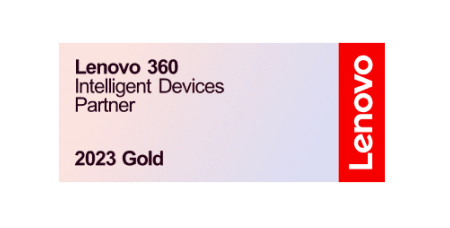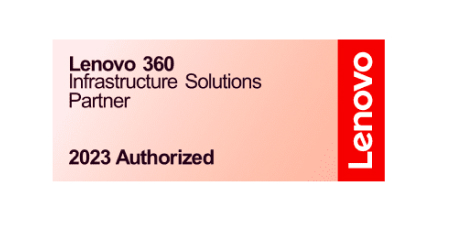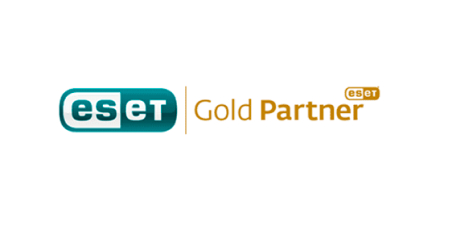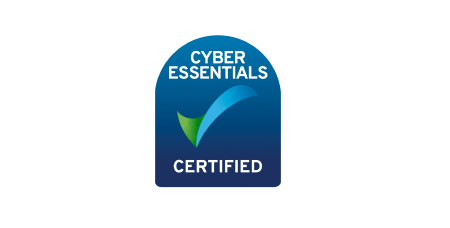Making IT Amazing
Why do we have the paradox that instead of improving agility and cohesion, ‘enabling’ more flexible working patterns, the opposite can be the case with IT investment?
Instead of better information flow, for example, access to relevant data is more complex, while any expected reduction in the operational costs of the business fail to materialise.
The implications are increased vulnerability, as well as an impact on effectiveness, an increased difficulty in remaining competitive and being on the same wavelength as their customers. For a report being researched and written by DECISION magazine for HB Tech, companies consider what they need to address if IT is to deliver key objectives.
This is one of the papers to be published in the report.
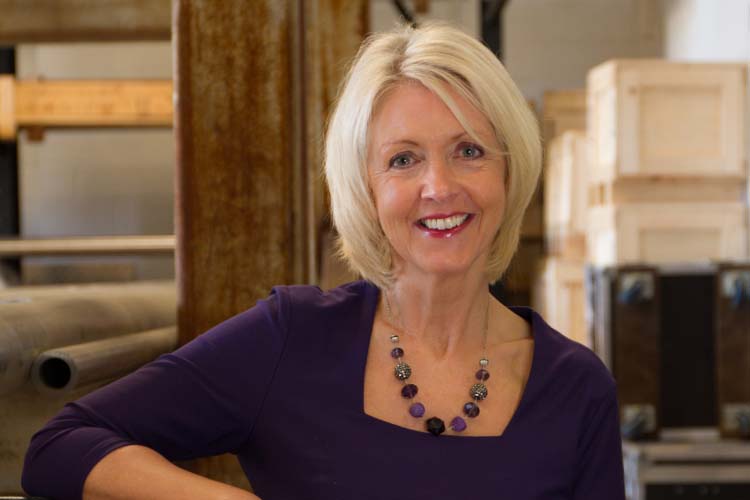
Jan Ward CBE
Chief Executive
Corrotherm International Ltd
“WE ALL SELL THE same product, so it’s about harnessing IT to make the whole transactional experience as effortless for the customer as possible.” Which means, according to Jan Ward, Founder and chief executive of Corrotherm International, that systems need flexibility so that a company can tailor not just the product to the customer’s requirement but remove any administrative burden.
“Just to give you a small example, it’s not just about providing the product to the exact requirements of the customer, but no matter how they want their documentation to look, such as US letter size, we can make it fit the way they would prefer it to be presented to them,” she explains.
Established in 1992, Corrotherm International supply high grade metals, including plate, sheet and strip, pipes, bars, valves, and fittings to the oil, gas, and desalination sectors. The company also has offices in China, Australia, South Africa, India, South Korea, and three in the Middle East.
“I don’t think IT in itself gives you a competitive advantage, but technology means that your approach to service – whether good, bad, or indifferent – is much more apparent to the customer,” Ward believes. “But once a company gets to a certain size, it can’t so easily step out-of-the box; it has to be more streamlined. IT systems should enable you to continue to improve the service you provide, but there can be a tendency to look at processes from an internal perspective.
“So while every company in our sector will now have ERP in place – we first made the investment in 2006 – it needs to be utilised to enhance the customer experience.
“Record keeping is becoming ever more important, for assurance purposes as well as compliance, and IT should minimise the administrative effort that requires. If a customer says they have this product test number dating back to say 2005, and asks if they can have a copy of the certificate, they expect you to provide it sooner, if not immediately, rather than later.”
IT though doesn’t necessarily enable a company to achieve all its goals. “There are still systems which can’t produce consolidated accounts, or where transactions have to be entered as if a company is doing the book-keeping manually,” Ward muses.
And just because technology makes something possible, that doesn’t mean it needs to be implemented. “Being able to track an order online isn’t necessarily going to be something which is a priority for our customers,” she says. “This isn’t like a parcel delivery service. It can take two weeks just for an inspection of the product for certification to take place, so for that period of time, there will be no news. In any case, if a customer sees that has a date been changed on line, they’ll be on the phone to you, so it would be better to make contact with them with the information rather than wait for them to discover it.
“We could introduce online quotations, but the problem is that because customers don’t often buy some products, such as nickel alloys, there can be a tendency to treat them like a standard item, stainless steel for example, and send over a bland specification.
“Yet there could be a paragraph or two in a sixty-page standards document which will have an impact, but because it isn’t a regular purchase, the buyer might not know of these intricacies. If we can drill down to find out what they actually require, we can provide advice.
“The trouble is remoteness also makes it difficult to build a relationship and because online makes it harder to show you care, IT has to be proactively deployed to make the journey for the customer as user-friendly as possible. I would also make the point that leadership by example is harder if everyone is just online.”
What worries Ward is our dependency on IT. “If your servers go down or you can’t access the cloud because of a broadband outage, how can you function? What happens if something untoward suddenly happens to your IT services provider? It just isn’t possible any more to have a manual backup to work with. In my risk register, all this is huge,” she explains.
“So it is important to make sure that you have the passwords for all your programs, and you need to test your back-up procedures because otherwise you don’t really know whether you have adequate protection.
“On a macro level, our future will be determined by whoever controls the internet. If an enemy wants to disable the country, they just need a map of its broadband infrastructure.”
According to Ward, social media means a company has to market itself more frequently, but what could be of more value is being able to attend virtual trade shows with a bit more sophistication. “At the moment they’re pretty basic 2D versions of a brochure with a link to that exhibitor’s website, rather than being real 3D virtual reality experience,” she observes.
Researched and published by
DECISION magazine
www.decisionmagazine.co.uk

